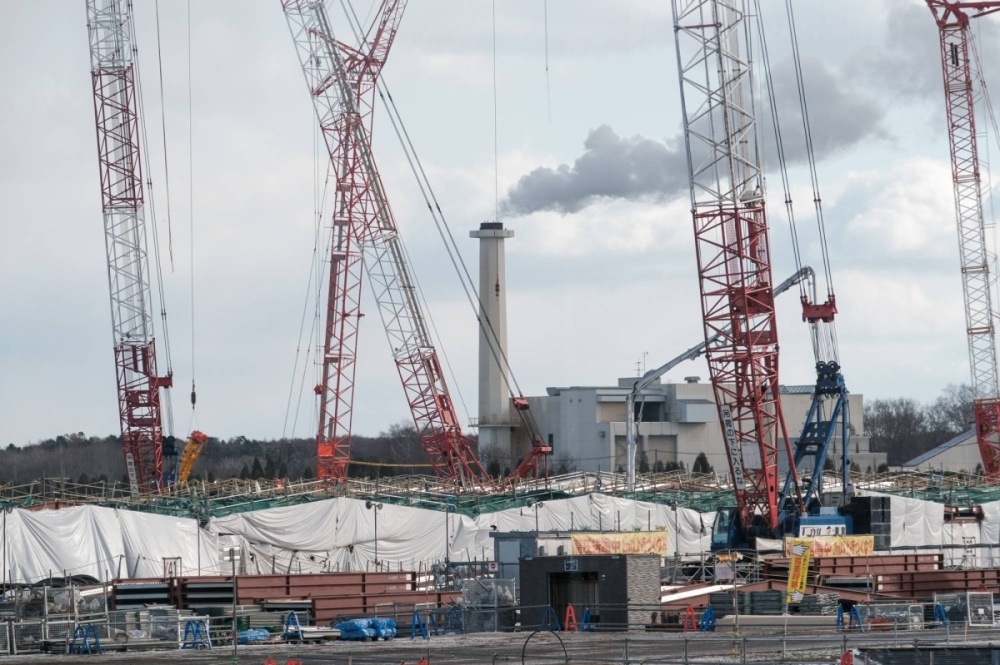Rapidus Bets on 2nm Mass Production, Seeking Another 100bn Yen Funding
Japanese chip startup Rapidus is seeking to raise 100 billion yen from existing and new investors to finance its chip development work, and expects to achieve fully automated mass production of 2nm process chips by 2027.
It is reported that Japanese chip startup Rapidus is seeking to raise 100 billion yen from existing and new investors through the issuance of new shares to fund its chip development work.
People familiar with the matter revealed that Rapidus has asked existing shareholders such as Toyota Motor, Sony Group, SoftBank and Mitsubishi UFJ Bank for additional capital contributions totaling 80 billion yen, and has also sought 5 billion yen in investment from Mizuho Bank and Sumitomo Mitsui Banking Corporation, as well as 10 billion yen in funds from the Policy Investment Bank of Japan.
Representatives of Mitsubishi UFJ Bank, Mizuho Bank and Sumitomo Mitsui Banking Corporation declined to comment. A representative of Rapidus said that many financing options are currently under review, but did not elaborate.

Since the 1980s, Japan has gradually lost its luster in the semiconductor field. In order to revive the semiconductor industry, the Japanese government issued the "Semiconductor, Digital Industry Strategy", planning to triple the sales of Japan's domestic semiconductor industry to 15 trillion yen by 2030.
In 2022, Rapidus was jointly invested by 8 Japanese companies including Toyota, Sony, NTT, NEC, SoftBank, Denso, Kioxia, and Mitsubishi UFJ Bank with 73 billion yen. It was also regarded by the Japanese government as the "last chance" for the country's semiconductor revitalization and given it great policy and financial support.
So far, the Ministry of Economy, Trade and Industry of Japan has decided to add 590 billion yen in subsidies to Rapidus from April 2024 to March 2025. Together with the previously determined 330 billion yen subsidy, the total subsidy from the Japanese government to Rapidus has approached 1 trillion yen.
In the past, the Japanese chip industry insisted on exclusive technology research and development, but the cost was too high and sacrificed price competitiveness. Rapidus aims to change this situation.

Last September, Rapidus started construction of the Chitose plant in Hokkaido, which will run through the front-end and back-end links of chip production, from transistor production to chip packaging. It is expected that Japan's first batch of EUV lithography machines for the production of advanced semiconductors will be installed in December this year.
Earlier this year, the Japanese government also approved a subsidy of US$3.9 billion, which Rapidus will use to purchase chip manufacturing equipment and conduct pilot work on large-scale production lines. The company also plans to recruit IBM researchers to provide technical support and start construction of the part of its wafer fab that produces chip packaging components.
Not long ago, Rapidus publicly announced that it will start production of 2nm chips for AI applications in April next year, and plans to achieve fully automatic mass production of 2nm process chips in 2027, and said that it will upgrade to 1.4nm process in the future.
Although it is two years behind the start of mass production in 2025 by competitors such as TSMC and Samsung, Koike said that by automating the Hokkaido plant, delivery time can be shortened to one-third of competitors such as TSMC and Samsung.
However, Rapidus estimates that the plan will cost 5 trillion yen to reach mass production. Although the Japanese government has provided 920 billion yen in financial assistance, there is still a funding gap of about 4 trillion yen to achieve the final goal.

Earlier reports said that Rapidus originally planned to borrow 100 billion yen from banks, but given that mass production technology development and customer discovery are not easy, some banks may be cautious and financing needs are likely to face obstacles, so it will eventually turn to investors for investment.
Koike said: "As it stands, it is difficult for Rapidus to obtain private financing due to the lack of a track record. Discussions on simplifying financing are progressing steadily." However, combined with the final project scale, the company is still considering borrowing from banks in the future.
In addition, unlike private funds, Ken Saito, Minister of Economy, Trade and Industry of Japan, also promised to submit a bill to Congress as soon as possible to allow the government to invest directly in it, because financing in the country's private sector has always been a major challenge.
·Original
Disclaimer: The views in this article are from the original Creator and do not represent the views or position of Hawk Insight. The content of the article is for reference, communication and learning only, and does not constitute investment advice. If it involves copyright issues, please contact us for deletion.